The 1990s were an ambiguous period for Hong Kong filmmakers. On the one hand, since 1993, Hollywood films have gradually marked the end of the era when domestic films dominated the box office. On the other hand, these years also saw an explosion of groundbreaking and artistic Hong Kong films with a wide range of themes.
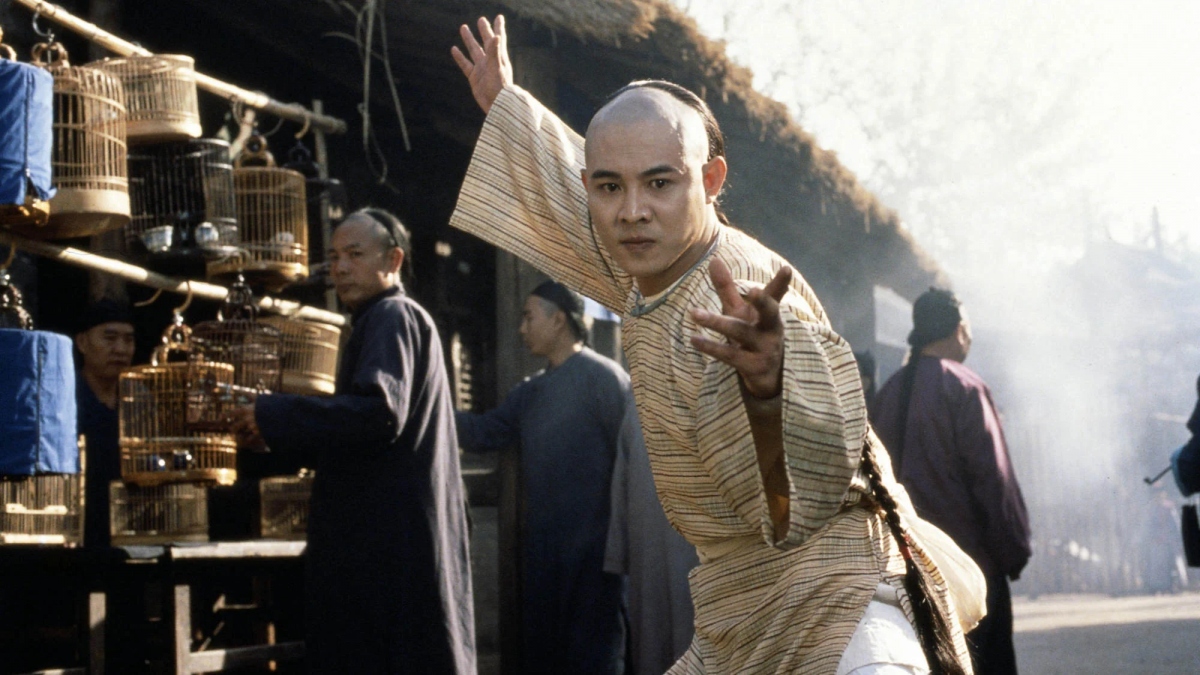
Jet Li in the movie “Hoang Phi Hong”.
Indeed, the 1990s is now considered the last golden age of Hong Kong cinema. This decade is also interesting given the absence of many veteran faces as Ngo Vu Sam moved into the Hollywood market after 1992’s “Hard boiled” (“Lat Thu Than Detective”) in 1992, and Chow Nhuan Phat is no more. aggressive domestic activities before the United States advanced a few years later.
Hong Kim Bao’s realistic martial arts films lag behind the wire-tapping and acrobatic action stunts of Cheng Xiaodong and Yuan Heping; Even the works of superstar Andy Lau had a decline towards the end of the decade.
When looking back at the famous Hong Kong films and filmmakers of the 1990s, it can be seen that Tsui Hark is the leader of this decade. The 90s probably wouldn’t have been the most brilliant period of Hong Kong cinema without Tu Khac. He revived the local industry with two classic series “Hoang Phi Hong” and “Swordsman”.
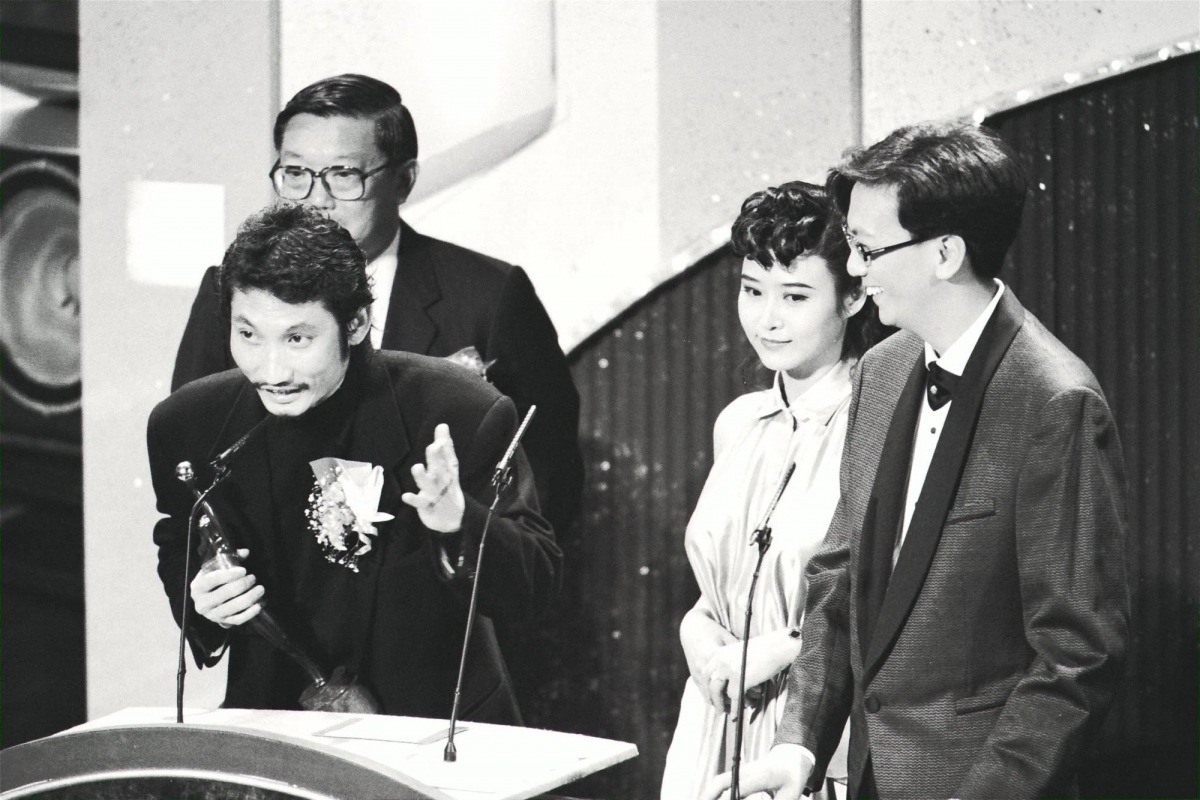
Tsui Hark received the best director award at the 11th Hong Kong Film Awards in 1992.
Director Tu helped Jet Li to become a silver screen superstar and turned the genderless hero image into a cultural icon. Tu Khac strongly demonstrates his genius writing and directing ability. He remade the version “Tieu Ngao Giang Ho”, Lam Thanh Ha pretended to be a dignified man, playing the role of Dong Phuong Bui.
He remade the version “Tieu arrogant Gypsy”, Lam Thanh Ha created the image of a dignified and dignified male, the role of Dong Phuong Bui went deep into people’s hearts. Although the quality of his films and his influence waned in the latter half of the decade, his abundant energy and willingness to experiment have made him one of the most prolific filmmakers of the years. 1990.
“Cageman”, a satirical comedy by Cheung Chi Leung became the talk of the town in the 1990s and won four awards at the 12th Hong Kong Film Awards held in 1993. There were many filmmakers who used social issues as the subject of films in the 1980s, but the explosion of commercial production in the early 1990s almost eclipsed other films. So “Cageman,” the true story of 105 men forced out of their tiny cage-like homes by a building contractor, became new and celebrated throughout the 1990s.
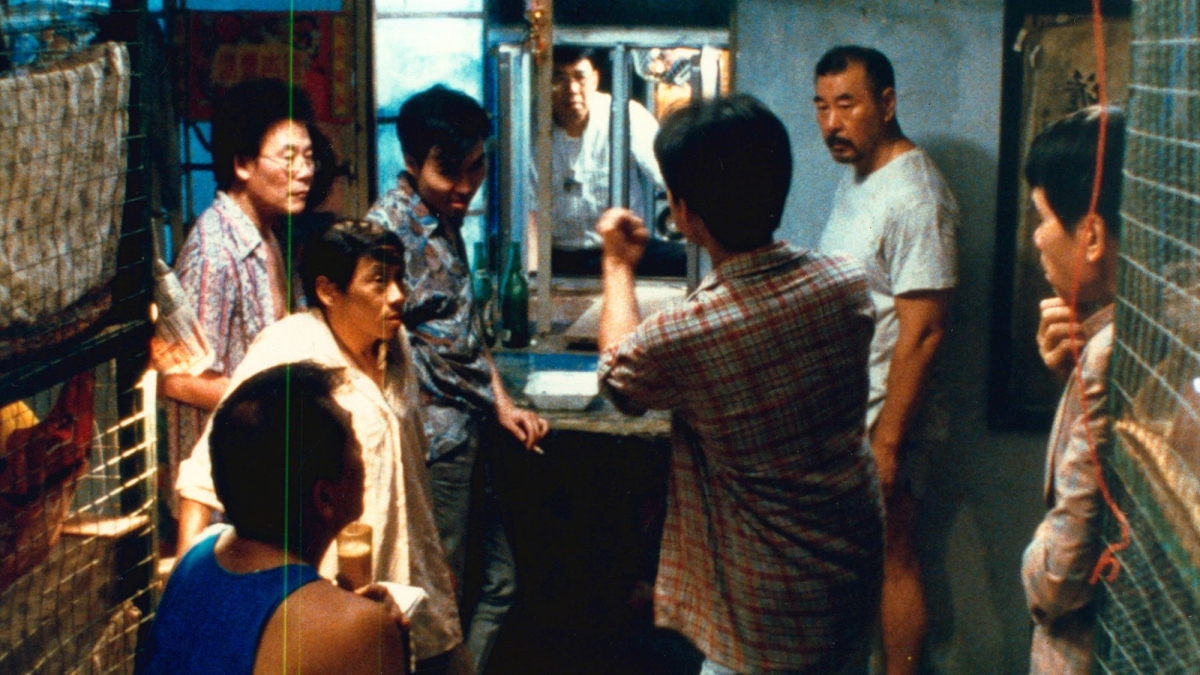
A scene from the 1992 movie ‘Cageman’.
While fantasy martial arts movies were flooding cinemas, American-trained director Tran Kha Tan had an idea: why not make mainstream dramas about modern Hong Kongers ? Tran Kha Tan’s talent as a director began to be noticed after his 1994 film “Kimchi Ngoc Diep”, a melodrama with a bit of humor with stars Truong Quoc Vinh, Vien Vinh Nghi, Mai Diem Phuong, this work earned Tran Kha Tan the second Best Director nomination at the Hong Kong Film Awards. Films such as director Tran’s “Kimchi Jade Diep” are not considered to be a complete reflection of reality, but these works have a strong Hong Kong breath, and audiences can recognize themselves in the scenes. movie on screen.
The 1990s wasn’t just a golden era for filmmakers alone, a host of actresses also became famous names to this day. Although when it comes to Hong Kong cinema, people often think of the name Truong Man Ngoc, but two other beauties, Vien Vinh Nghi and Mac Van Uy, are also very popular with the audience.
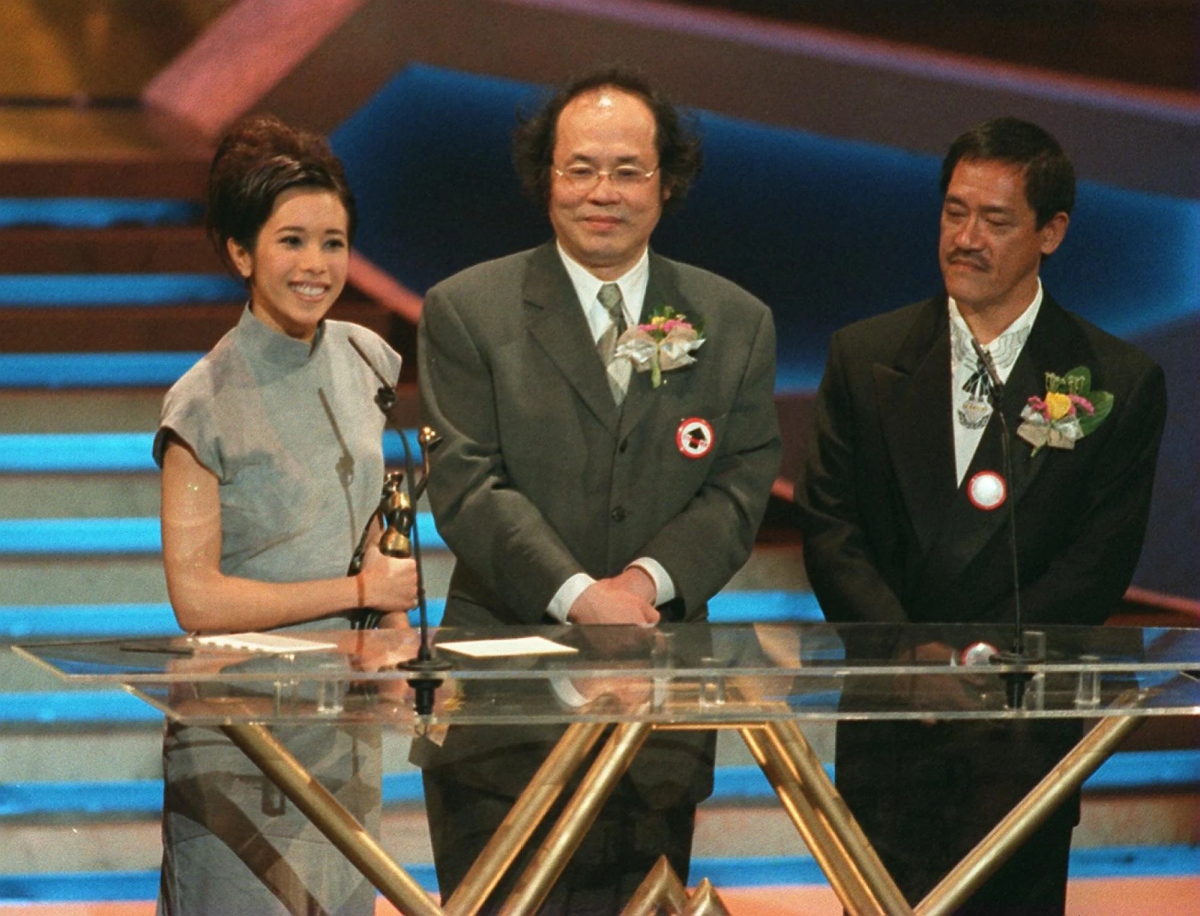
Mac Van Uy received the Best Supporting Actress award for “Lost Angel” at the 15th Hong Kong Film Awards, 1996.
Not possessing a cinematic look, Vien Vinh Nghi’s tomboy appearance makes her stand out. She often plays independent roles for directors like Tran Kha Tan. Mac Van Uy again pursues a close style, her friendly personality has helped the actress win the hearts of the media. She played prominent roles in Vuong Gia Ve’s “Falling Angel” and Er Dong Thang’s “Destiny of Men and Women”.
In the early 1990s, Wong Kar-Wai always stated that he tried to make commercial films, but perhaps he did not expect himself to become an icon of the art film genre when he released films. works such as “A Phi main story” and “Chongqing Ginseng Forest”. Praised by international critics for his intermittent editing style and inconsistent timeline, director Vuong quickly became a bright name at film festivals. Despite the success and popularity of the audience, local audiences often find Wong’s films too artistic and abstract.
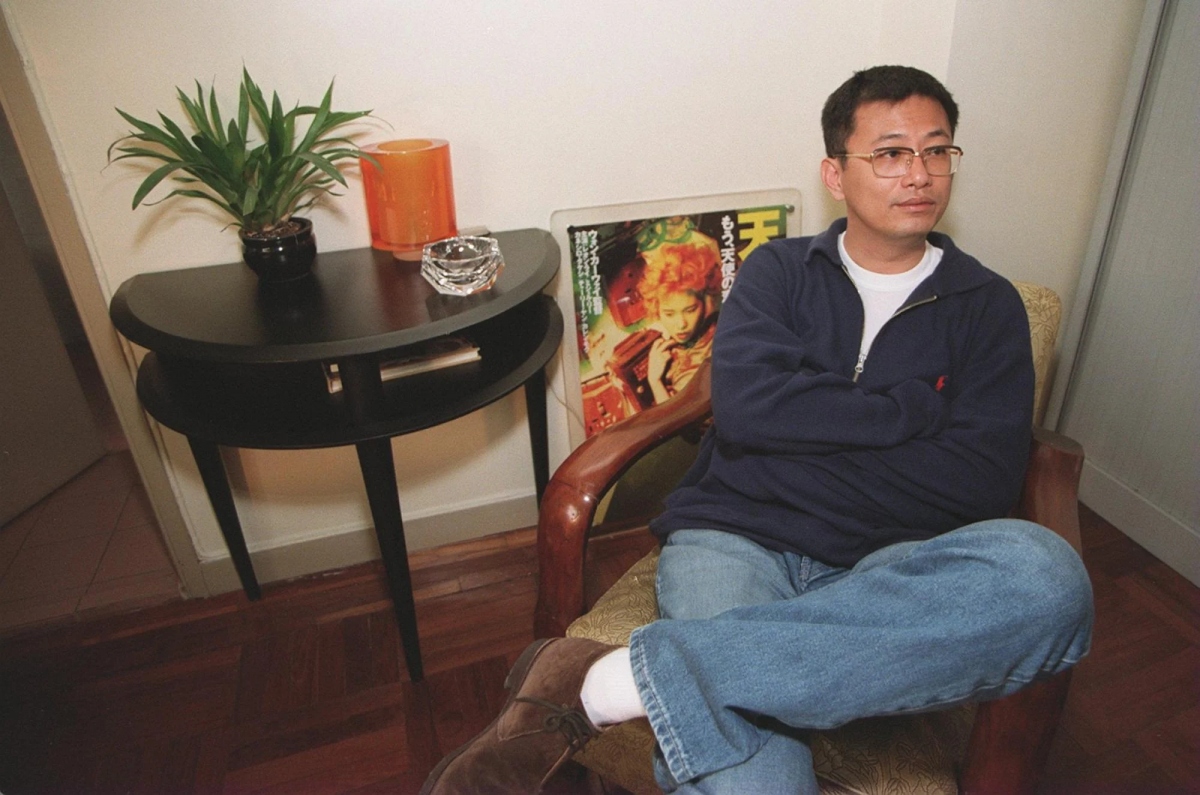
Wong Kar-wai is one of the outstanding directors of Hong Kong cinema.
Although often facing controversy, it is undeniable that films with mature themes, combining sex, gore and violence, have become popular and “storm” for a long time. long periods of time in the early 1990s. Such bold images have no precedent in Hong Kong films before, and they provide a sense of liberation from the harsh censorship often found in modern cinema. green.




